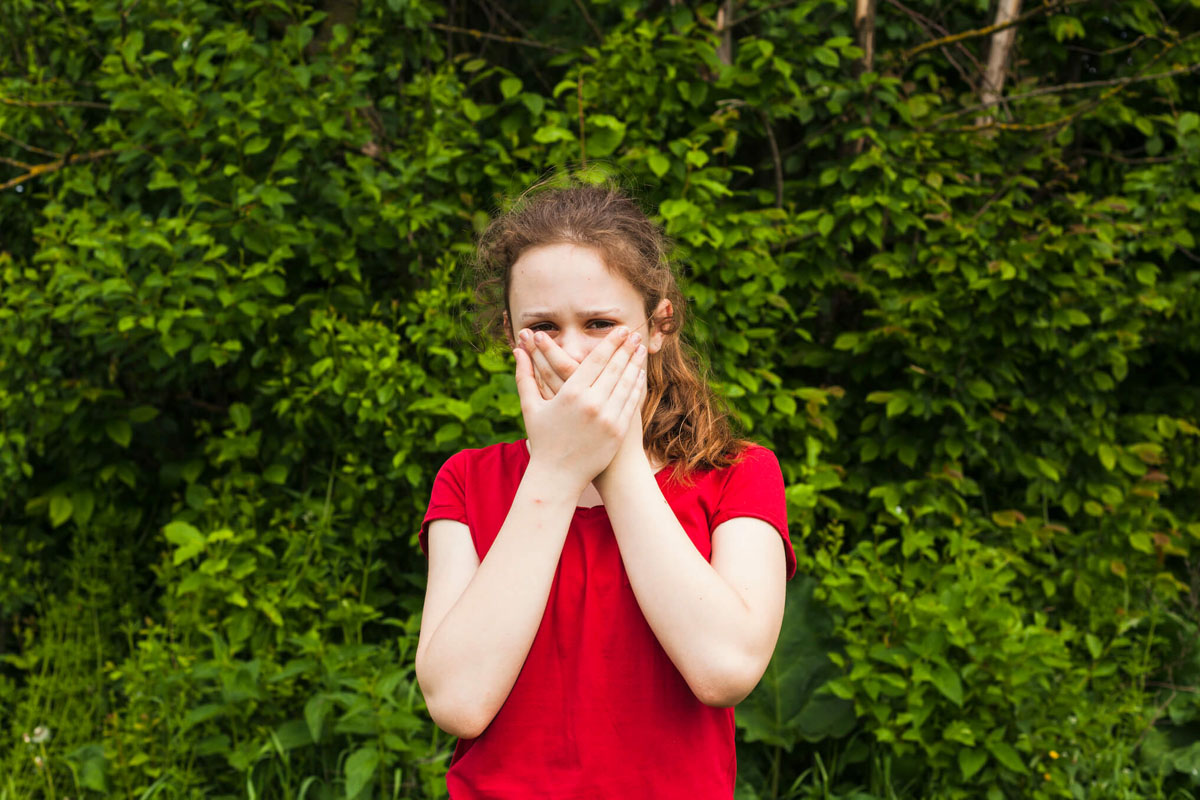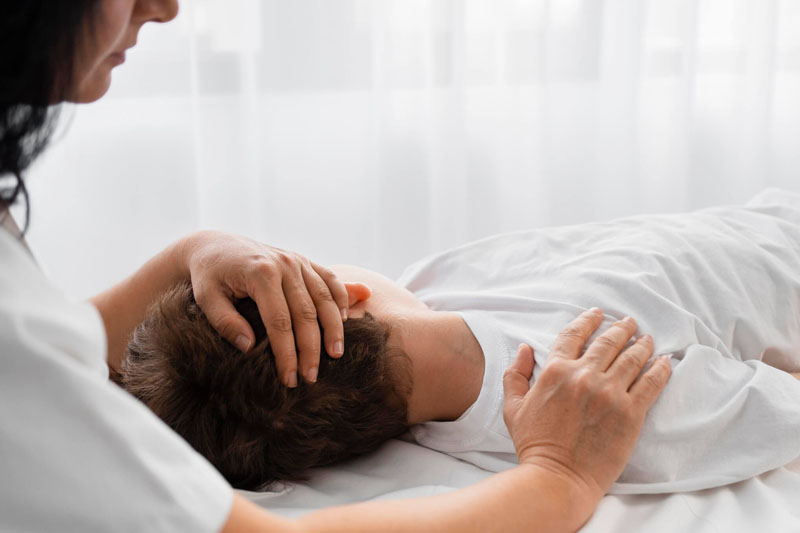With the arrival of spring and summer in the United States, an unwelcome guest for our health also approaches: spring and summer allergies. With spring, flowers and trees bloom, but they also awaken the annoying symptoms of spring allergies; and when the summer heat sets in, the air fills with pollen, triggering another wave of discomfort for those who suffer from seasonal allergies.
According to the American Academy of Allergy, Asthma & Immunology (AAAAI), more than 50 million people in the United States experience some type of allergy each year, and spring and summer are critical times for those dealing with this type of environmental allergies.
In this article, we tell you everything you need to know to protect yourself from spring and summer allergies, providing you with some practical tips to prevent symptoms and enjoy these seasons to the fullest without any worries.
Read also: Conjunctivitis and its different types
Seasonal Allergies: What Are They?
Seasonal allergies are an immune system response to substances that are common in certain seasons of the year, such as pollen, dust, or mites that are present in the environment during spring and summer.
When a person’s immune system detects an allergan it sets off a reaction that releases histamine. It is this histamine reaction that causes sneezing, nasal congestion, itching and tearing of the eyes and fatigue
These allergic reactions can vary in severity, from mild discomfort to more severe symptoms that affect the person’s quality of life.
What Are the Symptoms of Spring and Summer Allergies?
The symptoms of spring and summer allergies can vary from person to person, but generally include:
– Frequent sneezing.
– Nasal congestion.
– Itching in the nose, throat, or palate.
– Runny nose.
– Cough.
– Watery and red eyes.
– Eye itching.
– Swelling around the eyes.
– Fatigue and feeling tired.
– Headache.
– Lack of concentration.
These symptoms can be mild or severe, and their intensity can vary depending on the individual and the amount of allergens present in the environment.
It is important to note that, in more severe cases, seasonal allergies can trigger asthma symptoms, such as difficulty breathing and chest tightness.
You can also read: Nosebleeds and what to do in the case of one
Tips to avoid the spread of seasonal allergies
While spring and summer allergies can cause annoying symptoms that can last for several days, there are certain tips that can help you protect yourself during these times and avoid being affected by seasonal allergies.
Some tips to prevent spring and summer allergies are:
Wear sunglasses
Sunglasses not only protect your eyes from the sun’s glare but also act as a physical barrier that can help prevent pollen and other allergens from coming into contact with your eyes.
Change clothes when coming from outside
When returning home after being outdoors, change your clothes to avoid bringing pollen and other allergens inside your home. This can help reduce exposure to these allergens and minimize allergy symptoms.
Take a shower when returning home
Taking a shower when you get home can help remove pollen and other allergens that may have remained on your skin and hair. This can be especially helpful if you have spent time outdoors during the day.
Use air conditioning or air filters
Using air conditioning at home and in the car can help filter the air and reduce the amount of allergens entering the indoor environment. Additionally, consider using air purifiers with HEPA filters to trap pollen and other allergens.
Keep windows closed
During allergy season, keeping windows closed can help prevent pollen and other allergens from entering your home. If you need ventilation, use air conditioning instead of opening windows.
Avoid outdoor activities during high pollen concentration times
Check local reports on pollen counts and try to avoid spending time outdoors during periods when pollen levels are higher, usually in the early mornings and on dry, windy days. If you have to be outside, consider wearing a mask to help filter the air you breathe.
Remember: If you experience persistent or severe symptoms, it is crucial to seek medical evaluation. Facing spring and summer allergies can be challenging, but with the tips mentioned above, you can significantly reduce symptoms and enjoy your outdoor time without any issues.
Make an appointment at Doctor Urgent Medical Care now to receive the care you need and enjoy this season without allergic discomfort. Your well-being is our main goal!





